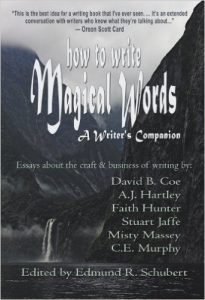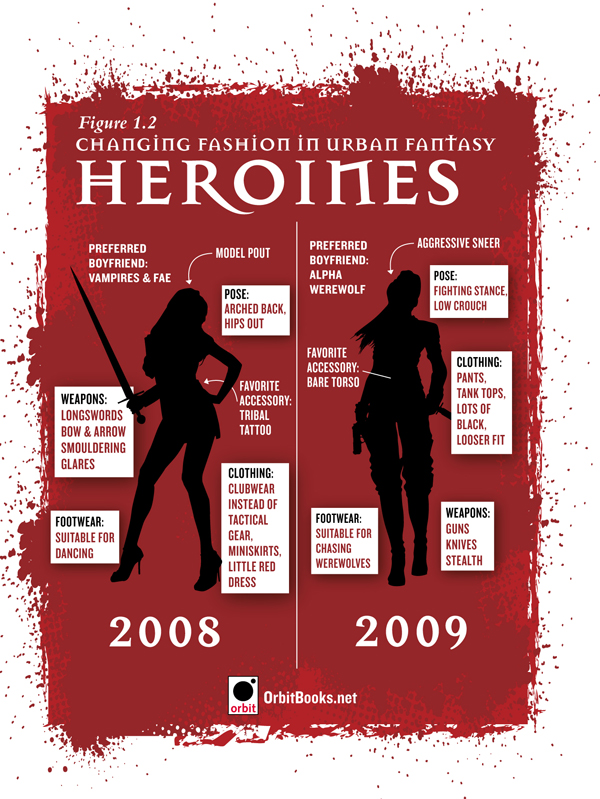
Book Cover from Amazon
BOOK BLURB ON AMAZON
How to Write Magical Words: a Writer’s Companion is a non-fictional collection of writing advice from the Magical Words blog participants.
A compilation of essays originally published on MagicalWords.net, a popular writing blog with thousands of regular followers. Distilling three years worth of helpful advice into a single, portable volume, it contains nearly 100 essays covering such wide-ranging topics as:
– Getting Started . . . Again
– Creating Characters in Small Spaces
– Storytelling Tropes: Belief
– Binding Character and Narrative: Point of View
– Word Choice and Pacing
– Metaphors, Similes, and Analogies, Oh My . . .
– Writing Action Scenes
– The Beginning of the End
– Developing Your Internal Editor
– Artistic Choices and the Market
– Business Realities for the Writer
Many of these essays are accompanied by comments and questions from the blog’s readers, along with the author’s response, making this volume unique among how-to books on any subject.
The core members of Magical Words — David B. Coe, A.J. Hartley, Faith Hunter, Stuart Jaffe, Misty Massey, C.E. Murphy, and Edmund R. Schubert — have experience writing and editing fantasy, mysteries, thrillers, romance, science fiction, non-fiction, and more. This group is uniquely qualified to cover the full spectrum of writing-related issues. How To Write Magical Words: A Writer’s Companion is a book that belongs in the library of anyone interested in the craft of writing, the business of writing, and the writing life.
MY REVIEW
How to Write Magical Words is a very good how-to writers book. But face it, there are dozen such books out there.
But not from seven different authors, each giving what works and doesn’t work for them. A tool that might work for one might not work for you – but with seven different people throwing out examples and hints, at least one set of tools will fit your needs. Faith’s metaphoric examples, David’s technical knowledge, Misty’s beginner’s enthusiasm and doubt, Edmund’s editor’s perspective … each author brings something unique to the table.
The best part for me was the Self-Editing section. As someone interested in self-publishing and not yet able to pay an editor – this is the true gem of the book. Describing crutches, and the difference between revising and copyediting, and how to revise dialogue. All gems. “BIC and Rewrite Tips” is something I am going to read through every time I complete a flirt from now on. In fact this book as a whole just became a must-read after completing each of my books and before I post it to Amazon.
(BIC means “butt in chair”)
The only issue is book covers the first 3 years of the MagicalWords.net blog – 2008 to 2011, and the section on “Business” is getting a little long in the tooth. Vanity press and POD is covered, but not the true self-publishing now available. For that you need to monitor the magicalwords.net blog and attend sci-fi/fantasy writer’s conventions such as ConCarolinas and DragonCon. The business has changed so much in the past three years and will continue to change dramatically for the near (and maybe far) future.
(Review originally written on June 24, 2013)
